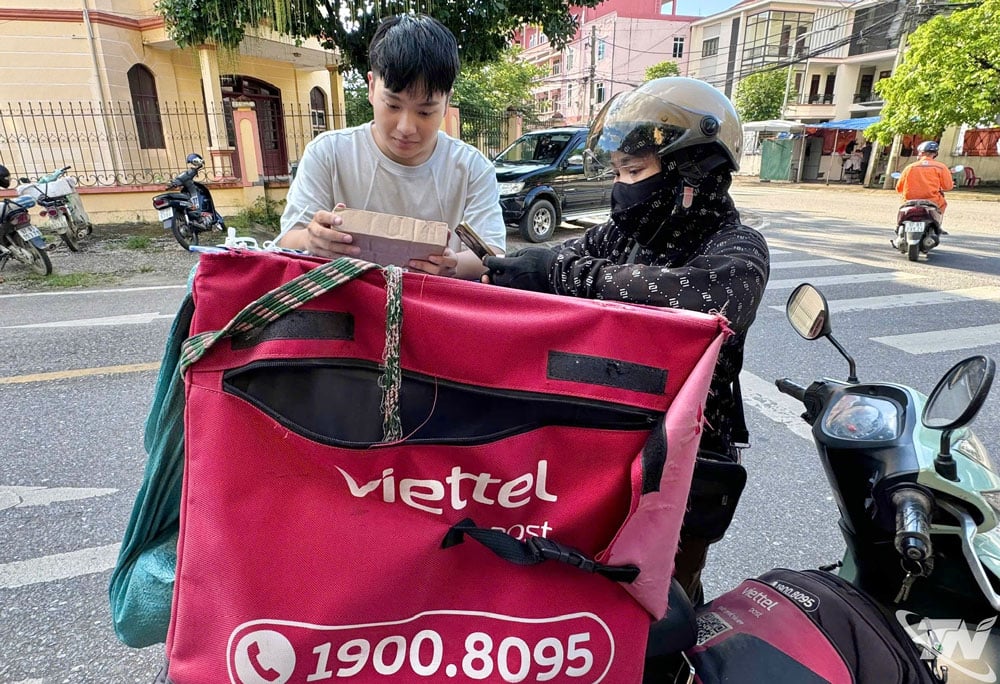 |
| Consumers need to carefully check order information and product origin before receiving to avoid the risk of buying fake goods or goods that do not match the description. Photo: TL |
It is not difficult to come across attractive advertisements on social networks or sales applications about functional foods, cosmetics, oriental medicine, and even "hand-carried" goods at surprisingly cheap prices.
However, behind that attractive introduction, many consumers have become victims of poor quality sales tricks, products with unpublished ingredients, no Vietnamese sub-labels, and unknown distributors. In many cases, products advertised as “traditional medicine” are actually smuggled goods, poorly packaged, impersonating other brands, directly affecting the health and rights of users.
In Thai Nguyen , some recent cases show that this situation is becoming more complicated. Consumers cannot easily distinguish between real and fake products while sellers can create fake accounts, change the name of the online store, address and erase traces after only a few hours of transaction. The purchase and sale takes place with just a few clicks, from posting, receiving orders to delivery, making it difficult to detect and handle violations.
In fact, many cases of celebrities and influencers on social networks advertising and distributing fake products that do not match the published content have been strictly handled by authorities. This further demonstrates the sophistication and prevalence of violations in the digital environment, when consumer trust is easily deceived by well-orchestrated marketing tricks.
While the authorities have been making efforts to inspect and control, the lack of product identification skills of some consumers has allowed counterfeit goods to thrive. Many people are still attracted by “shocking price” advertisements, easily believing in online recommendations without having the habit of checking the origin and quality of the product. Many people who buy poor quality products choose to remain silent because they are afraid to complain or do not know who to report to.
From that reality, building safe consumption habits is extremely necessary. People should choose reputable stalls, verified on e-commerce platforms or genuine distribution stores. For health-related items such as medicines, cosmetics, and functional foods, priority should be given to purchasing at establishments with full licenses and clear quality declarations. Before receiving the goods, it is necessary to carefully check the packaging, labels, product information and invoices, if any.
In addition to careful selection, consumers also need to proactively protect their rights by reflecting and denouncing when detecting commercial fraud, trading in counterfeit goods, and goods of unknown origin. Manufacturing and trading enterprises protect their brands by registering intellectual property, using traceability stamps, and providing transparent information about products. At the same time, coordinate with the authorities if detecting counterfeit goods or fake goods impersonating their unit circulating on the market.
The authorities of Thai Nguyen province have recently implemented synchronous measures to inspect and handle violations, while promoting propaganda to raise public awareness. However, for the fight against counterfeit goods to be truly effective, there needs to be cooperation from state management, businesses and consumers.
Fighting counterfeiting is not a one-man job. When consumers make responsible choices, stay alert to attractive advertisements and say no to goods of unknown origin, they are contributing to building a healthy market.
Source: https://baothainguyen.vn/xa-hoi/202507/tinh-tao-de-tieu-dung-an-toan-d9004e7/





![[Photo] General Secretary To Lam chairs a working session with the Standing Committee of the Government Party Committee](https://vphoto.vietnam.vn/thumb/1200x675/vietnam/resource/IMAGE/2025/9/17/cf3d855fdc974fa9a45e80d380b0eb7c)
![[Photo] Science and Technology Trade Union honors exemplary workers and excellent union officials](https://vphoto.vietnam.vn/thumb/1200x675/vietnam/resource/IMAGE/2025/9/17/842ff35bce69449290ec23b75727934e)






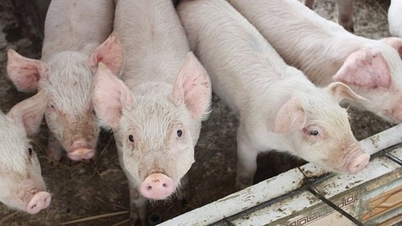





































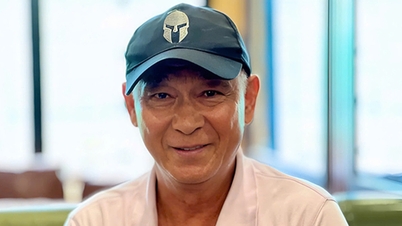

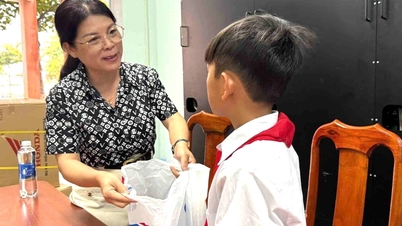
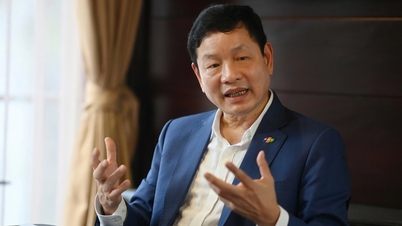

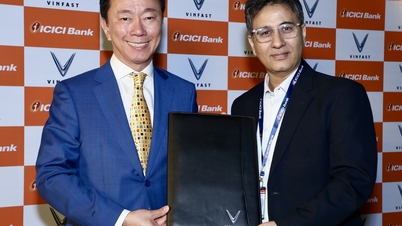

















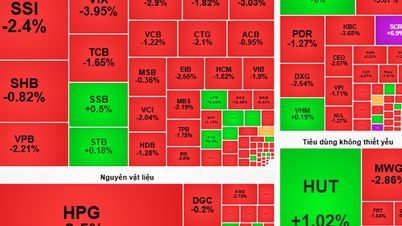













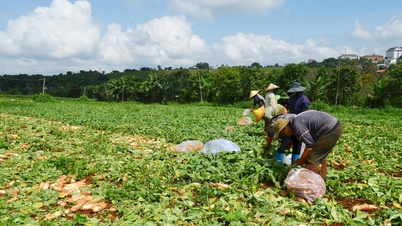





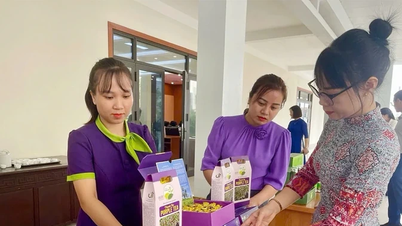












Comment (0)